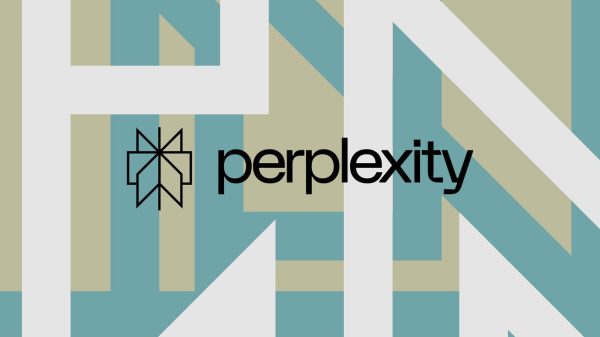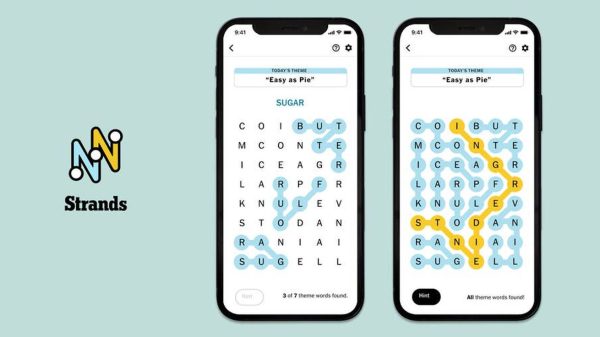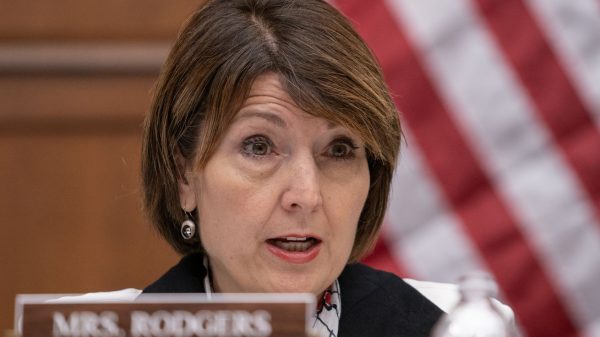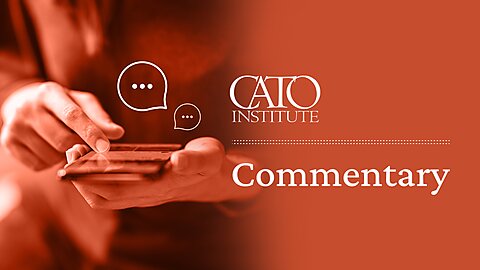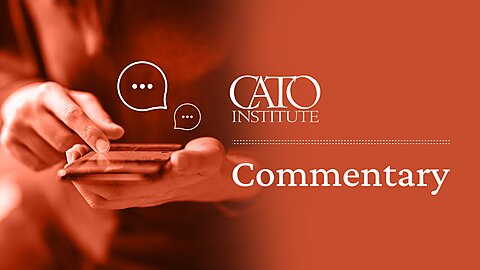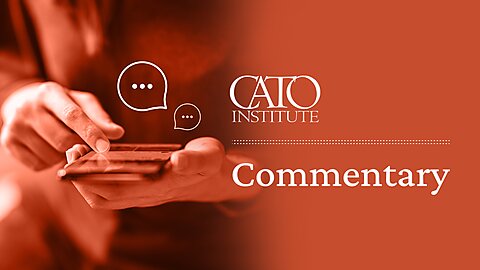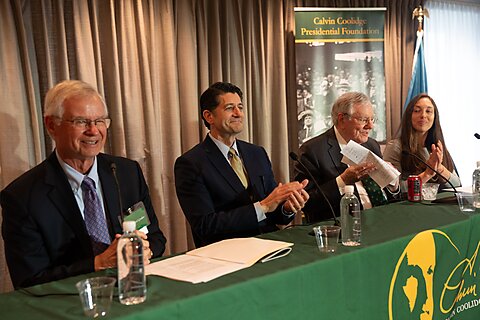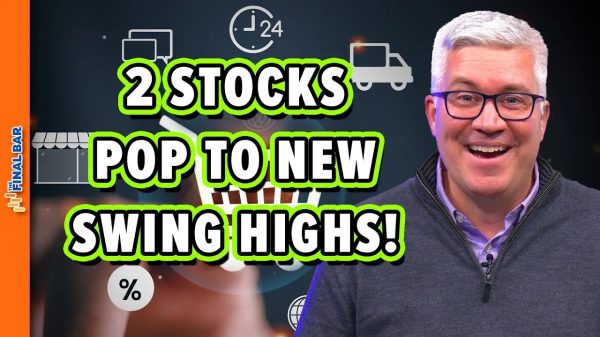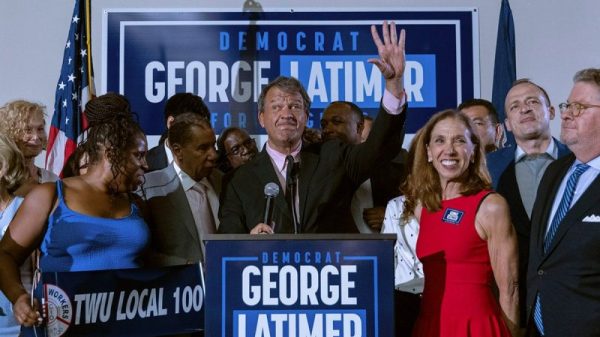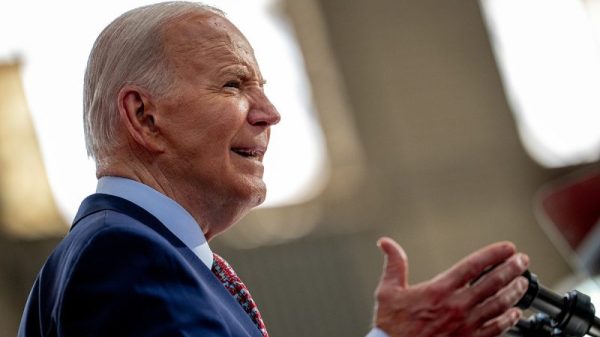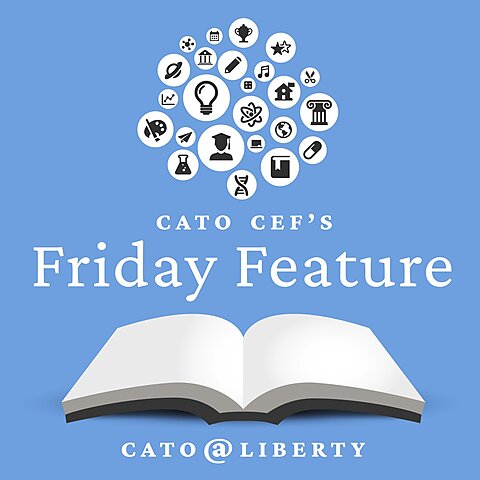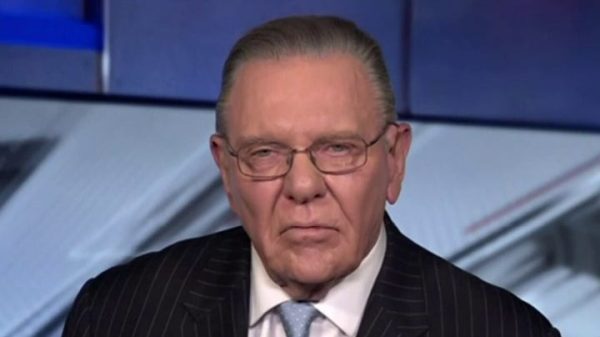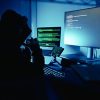When her husband suggested she create a “pod school,” longtime teacher Becky McNichols was initially dismissive. “I don’t even know what that is,” she told him. “That’s silly. That can’t work.” But it got her thinking.
“I went to school to be an elementary teacher and did my student teaching in Washington state. Then I moved to Japan, and I taught English there for two years,” she recalls. When she came back to America, she moved to California and taught preschool, third grade at a charter school, and then kindergarten and transitional kindergarten for a few years.
When COVID-19 hit, Becky and her husband felt called to move. “Our children at the time were four and two, and we felt like we needed out of California. Things were just changing really quickly. And so we were led to move to Kansas,” she says. She taught second grade in two different school districts in Kansas, but she wasn’t really happy with it.
“I noticed that COVID really changed so much of what was happening. Or not even changed it, but it brought a lot of new things to light that I hadn’t necessarily seen prior,” she explains. “And at the same time, one of my children was now school‐aged. And so here I was teaching, and I had a daughter who was at my school, and I saw public school from a completely different standpoint as a parent.” She always thought her kids would be fine in public schools because she’d know the teachers and the other children. But it wasn’t like she pictured it, and that’s when her husband suggested the pod school.
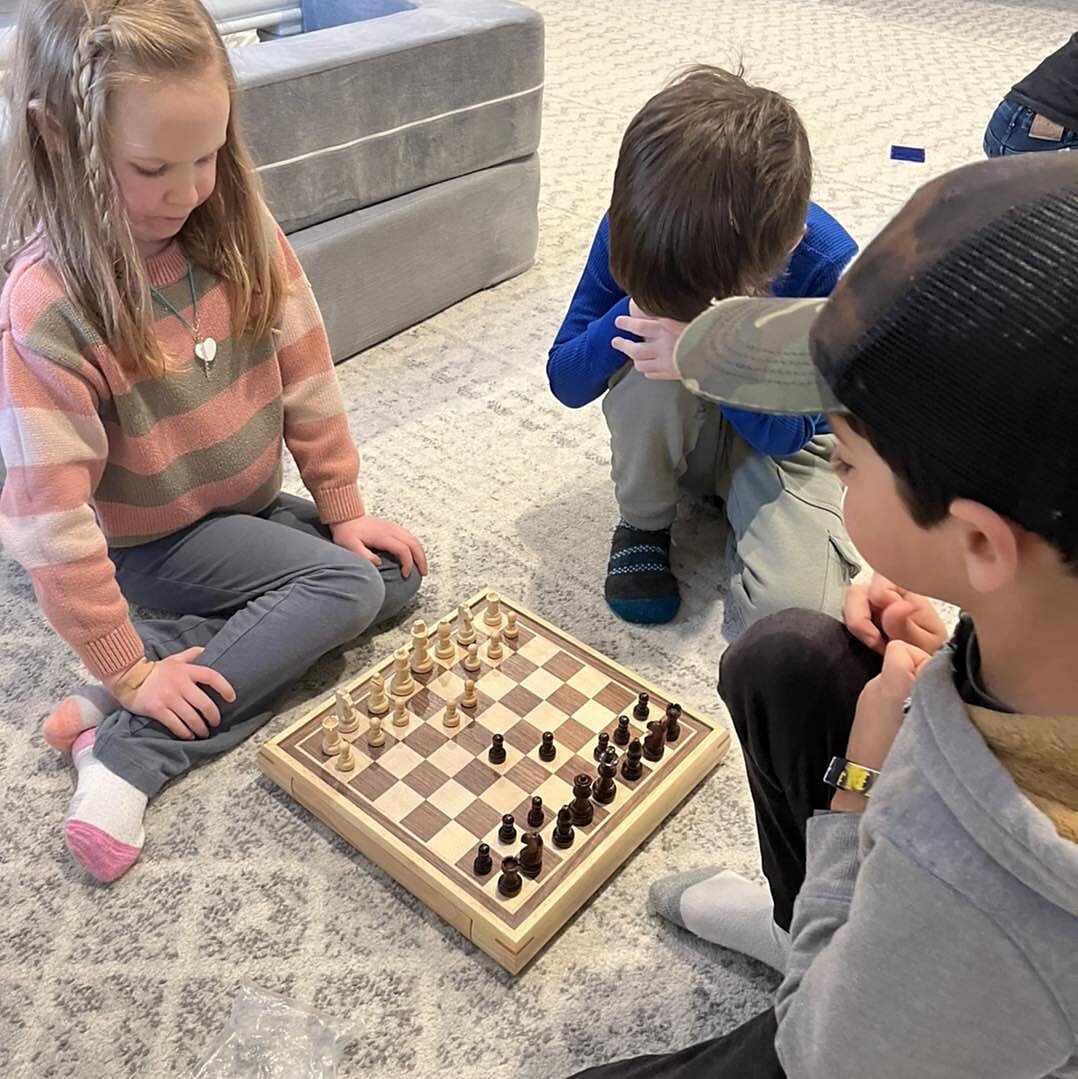
Not long after that conversation, Becky visited a friend who was running a homeschool pod from her house. “I was like, ‘Oh my gosh, I could do this.’ And I came home and told my husband about it. He was so eager to hear all about it. And I said, ‘I think I could do this in a few years.’ And even as I spoke those words, I was like, ‘I think I can do this next year.’ And my husband said, ‘I think you need to do this next year.’”
That was March of 2022. She went to work figuring out the details. “It’s hard to Google something that you don’t even know what it’s called, but slowly I learned that microschooling is one of the biggest terms for it,” she says. “I went the homeschool enrichment route and then started working on all the things behind the scenes: what I wanted it to look like, what I was going to teach, what ages I was going to teach, how I was going to make that happen.”
Becky launched Rooted Life Academy with eight students, kindergarten through second grade, that fall. She’s just wrapping up her second year, during which she had eleven students, kindergarten through fourth. Her plan is to add on ages each year to accommodate the students she has currently, including her own children, and the needs she sees in her community. She’s hoping to hire another teacher for next year, in part to dive in more deeply with what they’re already doing, but also because she’ll be in a new space with room to grow to around twenty students. She’s very committed to having small class sizes that are focused on individualized instruction and personalized learning so the kids get exactly what they need.
Rooted Life Academy meets Monday through Thursday, so the full‐time program is four days a week. There are also part‐time options of two or three days a week. Becky acknowledges that can be tricky for families that have more traditional work settings. But there’s a wide variety of options in her area. “There’s something for everybody. There are secular programs and faith‐based programs. There are programs that are five days a week with or without parents helping. There are co‐ops. There are even just enrichment classes one day a week,” she says. “I think that’s really valuable to know that even though my program might not fit everybody’s needs or wants or finances, there are all these other options. And I think in general that helps this movement flourish and helps the movement be a sustainable long‐term option for families looking for non‐traditional education outside of the regular public school setting.”
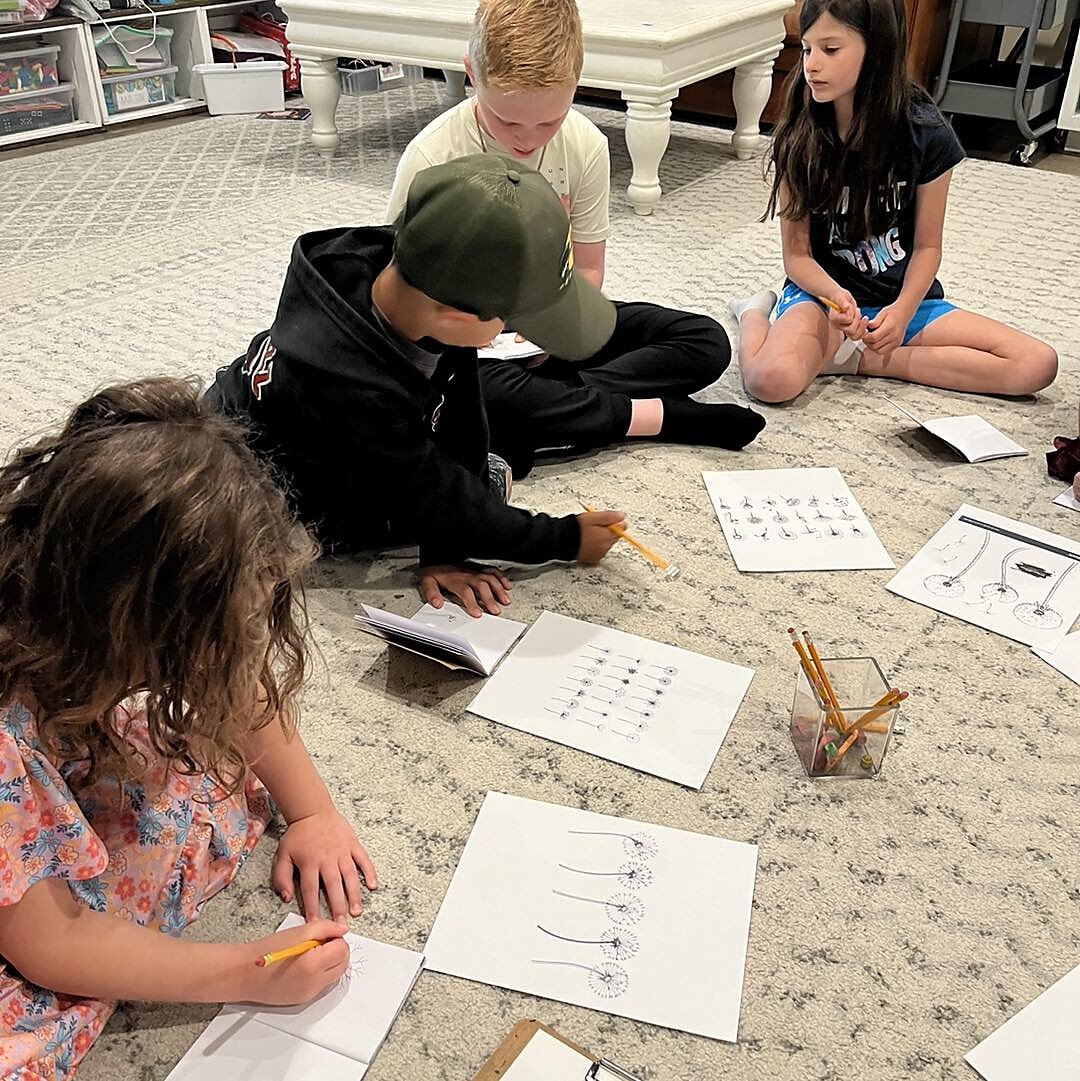
Becky says she’s had to recondition herself somewhat when it comes to evaluating education and consider if various metrics measure realistic things or are just checking off boxes and making sure that kids can move through the system. Her former colleagues are often quite curious about things like standards. She tells them that she doesn’t have to adhere so tightly to the standards. She can fill in the gaps where kids have holes and continue working with their strengths and weaknesses. As she explains it:
I like to stay within the content areas that are taught within each grade level. For example, third grade is multiplication and division and area and perimeter. So I want to make sure my third graders are learning those main content areas for their grade level, but I’m not going to assess them or measure them necessarily with the same standards that the public school would be using. I want to make sure that these kids are understanding how to see these patterns of multiplication and division within the real world and how to apply them in applicable ways that makes sense. And I don’t think that that necessarily comes back to what the Common Core state standard says.
I also recognize that if they’re a third grader and they’re not at that spot, they’re going to be OK. We’ll fill it in, and we’ll keep working on it. And I think that’s one of the blessings of having a multi‐age setting where I get to work with these kids for several years together is I know exactly where they are, how they’re doing, what they’re interested in, and how to motivate them to learn or look at learning in different opportunities in their lives—versus being in the public school when it takes a few months to get to really know these kids and then by the time you’re in a sweet spot, it’s time for them to go to the next grade level and then the next teacher needs to do those same activities to get to know their students.
While Becky doesn’t follow a public school method of evaluating students, she gives parents and students regular feedback. “Every few months, I give what I call a glow and grow. I mark out the glow and grows for reading, phonics, writing, math, and then an ‘other’ section. And so I tell the parents where the kids are glowing and doing really great. And then I put in a couple areas of where their child is currently working or needing to grow,” she says.
She has parent‐teacher conferences at least once a year, but if they’d like more than that then she accommodates that, too. And she connects with parents daily at drop off and dismissal, as well as through a private app where she posts details and photos of what they did that day. She also shares ideas for families to incorporate into their everyday lives to keep that learning relevant and help the kids realize learning happens everywhere.
For other teachers who are considering creating their learning environments, Becky’s best advice is to get connected. “There are so many incredible people on this journey. It’s hard to find them at first, but once you do it’s just this absolutely amazing and collaborative space to be a part of,” she says. “It’s a very hard place to be in isolation, but in community—especially a virtual community of other people that are doing these things—it is so empowering and so inspiring and so encouraging.”

